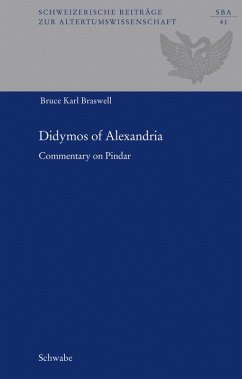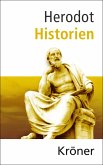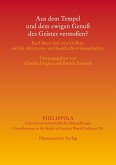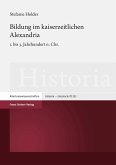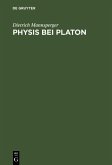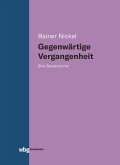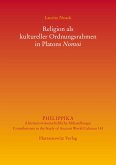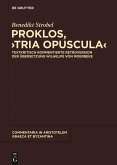Modern studies of Pindar have largely neglected ancient scholarship on the poet. This is not entirely by chance, since the almost 1000 pages of the scholia vetera on the odes presuppose an acquaintance with the language and conventions of the Hellenistic grammarians who commented on the Pindaric texts. While the scholia have not undeservedly been criticized for containing a sizeable amount of dross, they have nevertheless preserved the comments of major figures of Alexandrian scholarship such as Aristarchos and Didymos whose interpretations are not only of historical interest but can often contribute to a better understanding of ancient texts. The Pindaric scholarship of Aristarchos was the subject of two special studies, both of which appeared as long ago as 1883, while Didymos has fared even less well. The only collection of the remains of his Pindar commentary was published by Moritz Schmidt in his 1854 edition of all the fragments of the grammarian known to him. This was based on Boeckhʿs partial edition of the Pindar scholia published in 1819. The present edition, which draws on Drachmann's critical edition, not only offers a revised Greek text but also an English translation with explanatory notes and full indices. An extensive introduction, which situates Didymos in the scholarship of late Ptolemaic Alexandria, includes the first modern critical catalogue of all the works which are expressly attributed to him. While the present work is primarily addressed to advanced students and professional classicists, it is hoped that the presentation will ease the entry of others into the fascinating field of ancient scholarship which has now established itself as a special discipline.
Dieser Download kann aus rechtlichen Gründen nur mit Rechnungsadresse in A, B, BG, CY, CZ, D, DK, EW, E, FIN, F, GR, H, IRL, I, LT, L, LR, M, NL, PL, P, R, S, SLO, SK ausgeliefert werden.

